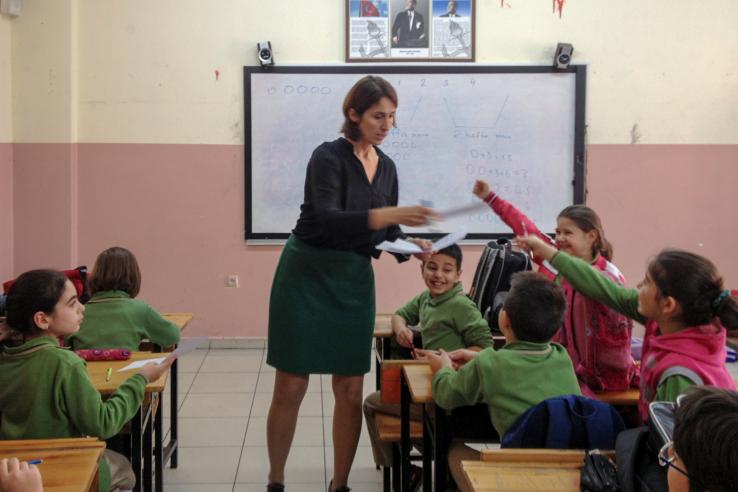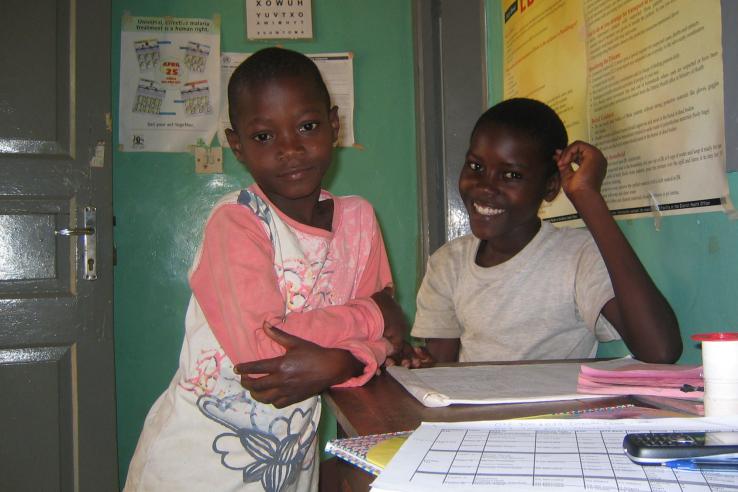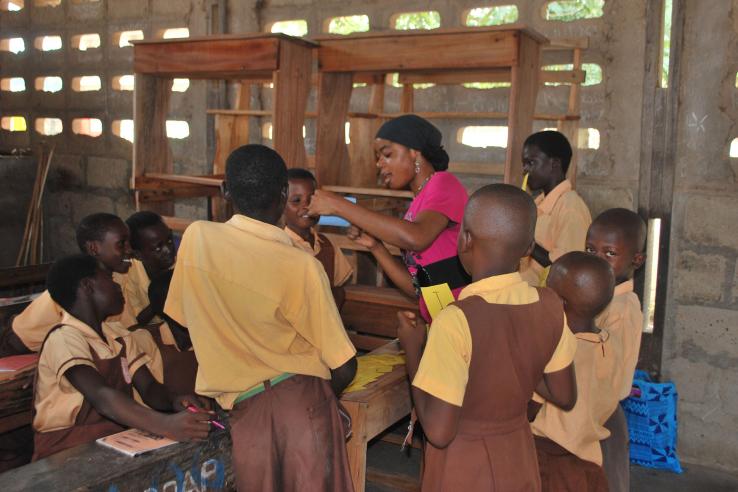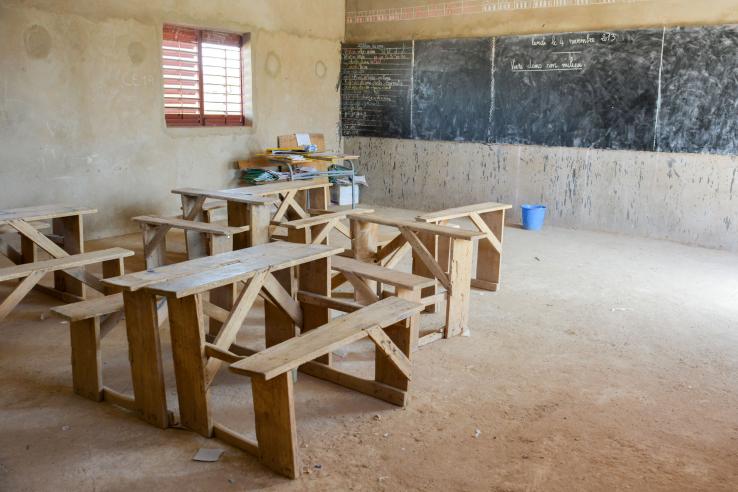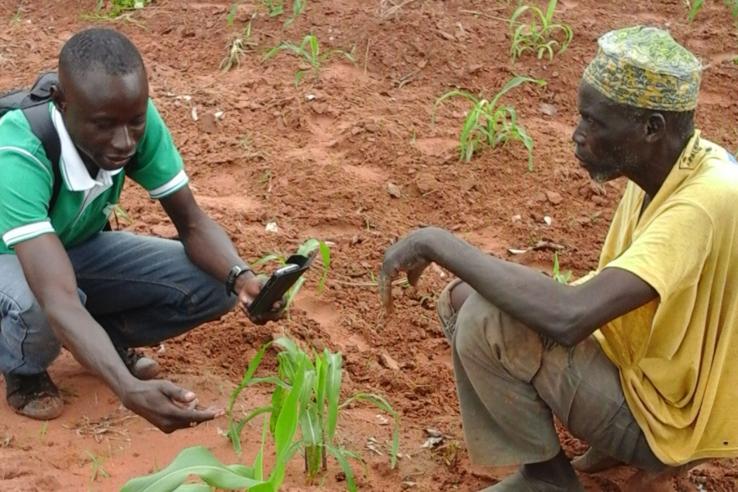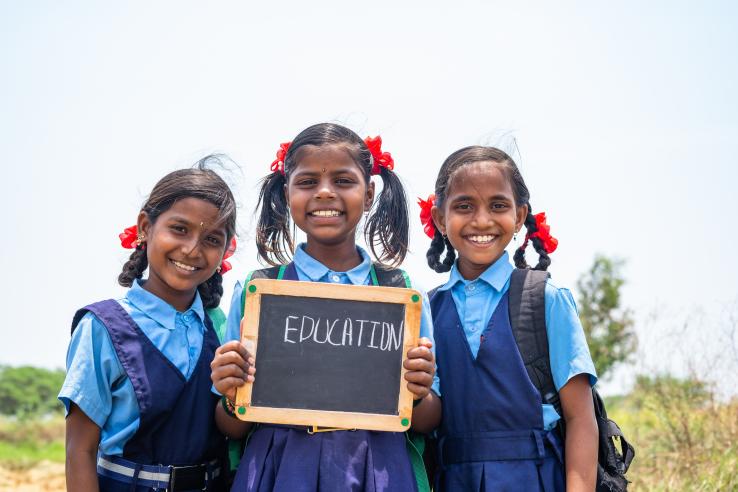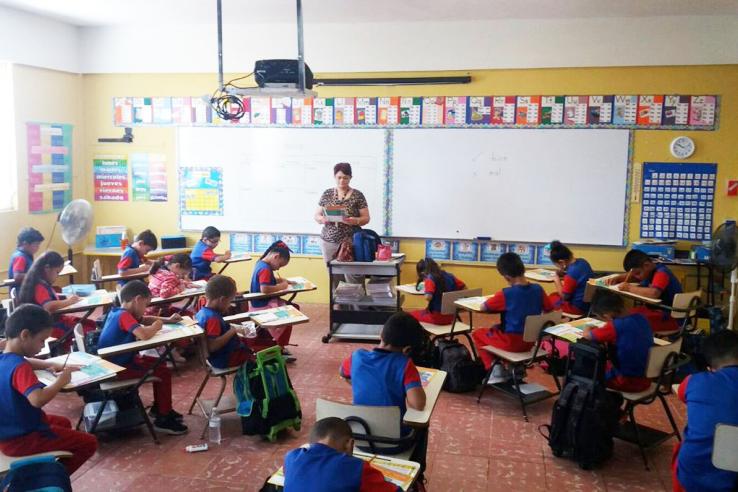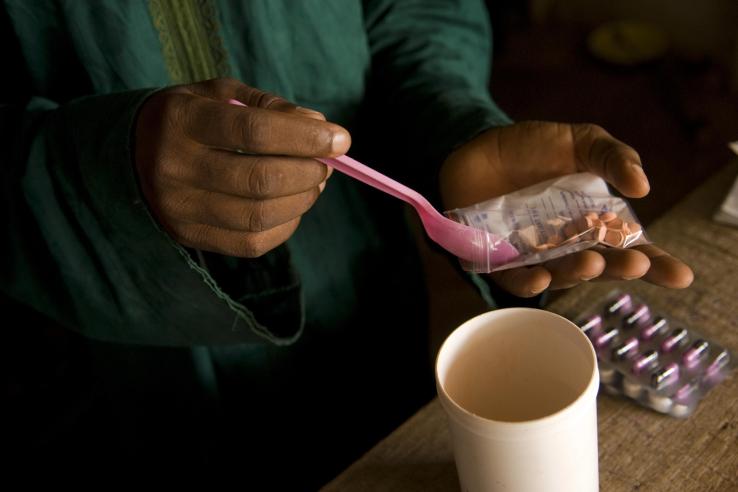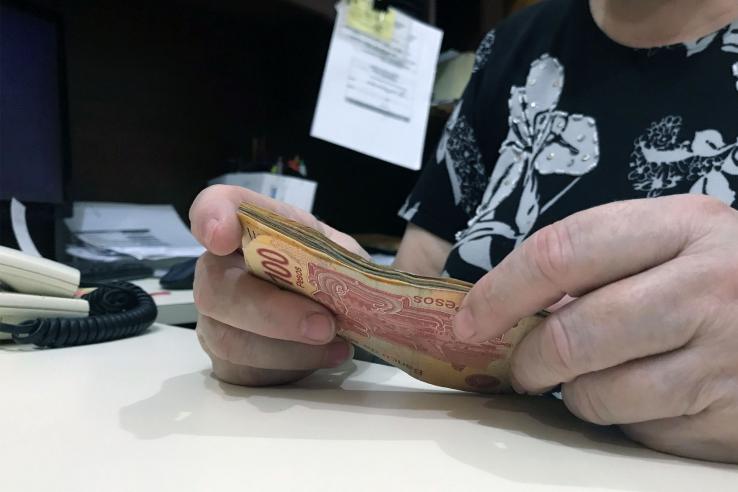Displaying 4576 - 4590 of 8489
Evaluation
Researchers introduced an educational program focused on teaching patience to evaluate the impact on students’ decision-making and willingness to wait for a future reward over the present. Students assigned to the program demonstrated more patient decision-making, which persisted almost three years after the program. Students were also less likely to receive low behavior grades.
Evaluation
Researchers worked with public elementary schools in Istanbul to measure the effects of a “grit curriculum” on fourth-grade students’ perseverance, competitiveness, and test scores. Students who were exposed to the grit curriculum in 2013 earned higher scores on math exams, and the program also reduced the gender gap in competitiveness by encouraging girls who were likely to succeed to compete.
Evaluation
In Mexico, researchers evaluated a math tutoring intervention and a cognitive behavioral therapy-based (CBT) program that aimed to encourage students to slow their decision-making processes and to improve academic readiness for secondary school students at risk of dropping out. The study found mixed effects on socio-emotional skills among students, and no effect on math test scores, though take-up was limited.
Evaluation
In Uganda, researchers tested whether a school-based savings program reduced dropout rates by enabling students and their families to save for school-related expenses. A version of the program that labeled savings for educational purposes, rather than fully committing money to educational expenses, increased the amount students saved, expenditures on educational supplies, and test scores.
Evaluation
In southern and eastern Ghana, researchers evaluated two youth financial literacy programs to test their impact on savings, labor, academic performance, and financial decision-making. One program integrated financial and social education, while the second only offered financial education. Both programs had a positive impact on savings at school, but no impact on overall savings. Some evidence suggests that the program without the social education component also led children to work more.
Evaluation
Researchers designed a field study to identify how information and communication affect intra-household decisions. They found that Filipino spouses who don't control the household spending and savings decisions deposit money into their own accounts in private settings and commit it to consumption for themselves in public settings.
Evaluation
Researchers partnered with the Senegalese government to evaluate the impact of a decentralized school grants program on student learning. The program improved test scores overall and for girls in younger grades. The impact was stronger in schools that invested more in human resource training rather than in school materials.
Evaluation
Researchers conducted a randomized evaluation in Cape Town, South Africa to measure the effect of prepaid meters on households’ electricity use and utility revenue. They found that prepaid meters led households to reduce their electricity consumption, but helped the utility company recover more costs.
Evaluation
Researchers conducted a randomized evaluation to test the impact of access to rainfall insurance either coupled with or compared to tailored extension advice, weather forecasts, and improved access to inputs on intensity of land cultivation and earnings for farmers. Preliminary results show that farmers who received access to a high payout level of rainfall insurance spent more on inputs for their farms, but these investments did not lead to higher yields or profits for farmers. The product with the lower payout did not lead to increased investment, and overall demand for both versions of the insurance product was low.
Evaluation
Researchers conducted a randomized evaluation of a comprehensive, multi-site workplace wellness program to evaluate the program’s impact on self-reported and clinical health outcomes, health care spending and utilization, and employment outcomes. The program did not have a measurable effect on any other self-reported or clinical measures of health, health care spending or utilization, or employment outcomes.
Evaluation
Researchers conducted a randomized evaluation to test the impact of life skills training and mentoring on dropout rates and non-cognitive skills among girls in India. Their evidence suggests that the intervention is successful in developing stronger life skills including increased agency, more equitable gender norms, and stronger socio-emotional support.
Evaluation
Researchers are evaluating the impact of changes in school management practices on student outcomes over time by introducing a large-scale principal training program for school directors in Puerto Rico and testing different strategies to sustain improved management practices after the program.
Evaluation
The researcher conducted a randomized evaluation in rural Tanzania to determine the impact of an SMS-based messaging app that connects agricultural workers and employers on wages. He found that the SMS-based messaging app reduced wage spread within villages–meaning employers paid a wage closer to the average wage.
Evaluation
Researchers varied patients’ information about a discount on treatment for simple malaria and measuring take-up of treatment to identify the factors driving overtreatment. While patient pressure on doctors in response to the discount led to excess prescription of antimalarials, there was no evidence of doctors strategically using the vouchers to direct patients toward expensive treatment options.
Evaluation
Researchers conducted a randomized evaluation to determine whether PLS programs encouraged opening and use of bank accounts in Mexico. The lottery incentive increased the number of bank accounts opened, and accounts opened because of the PLS program were just as likely to be used as accounts opened without these incentives up to five years later.
